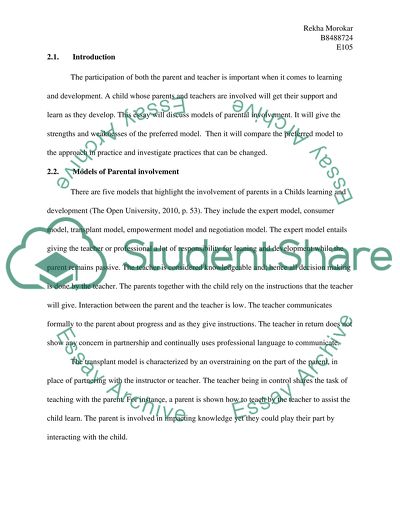Cite this document
(The Participation of a Parent in the Learning Assignment, n.d.)
The Participation of a Parent in the Learning Assignment. Retrieved from https://studentshare.org/education/1610671-reflection-on-effective-partnership-with-parents-to-support-childrens-learning-and-development
The Participation of a Parent in the Learning Assignment. Retrieved from https://studentshare.org/education/1610671-reflection-on-effective-partnership-with-parents-to-support-childrens-learning-and-development
(The Participation of a Parent in the Learning Assignment)
The Participation of a Parent in the Learning Assignment. https://studentshare.org/education/1610671-reflection-on-effective-partnership-with-parents-to-support-childrens-learning-and-development.
The Participation of a Parent in the Learning Assignment. https://studentshare.org/education/1610671-reflection-on-effective-partnership-with-parents-to-support-childrens-learning-and-development.
“The Participation of a Parent in the Learning Assignment”, n.d. https://studentshare.org/education/1610671-reflection-on-effective-partnership-with-parents-to-support-childrens-learning-and-development.


